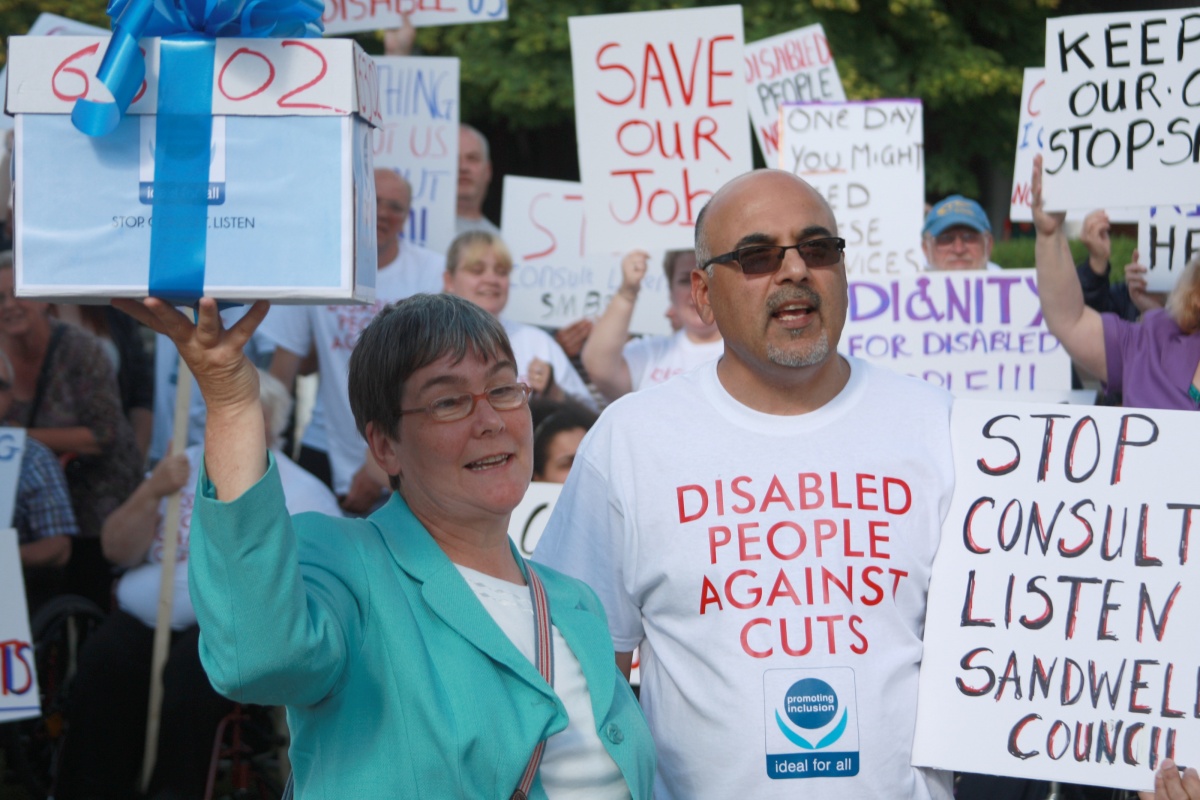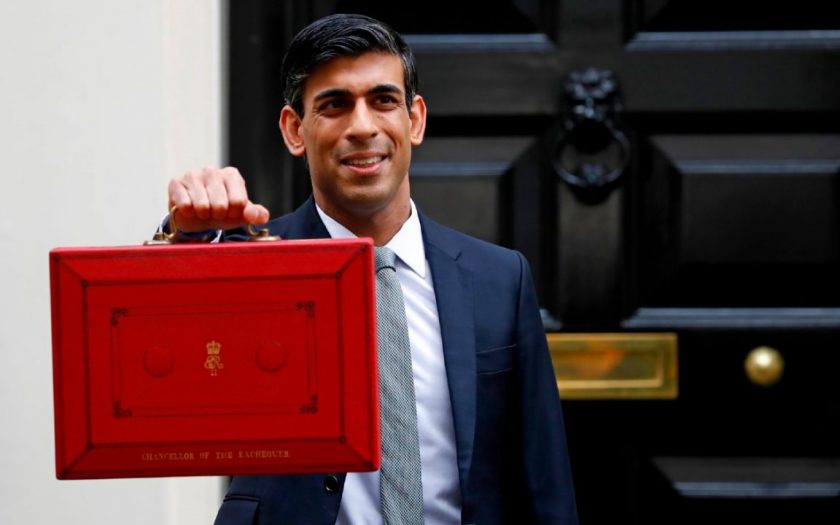“These are frightening times”
Kamran Mallick .. CEO of Disability Rights UK

These are frightening times. After the past two years of Covid, we were expecting that Disabled people might be able to breathe a little easier once the worst had passed. But for a small but significant number of us, the worst is still with us. Disabled people are still shielding, despite the removal of all Government support and protection. And all of us are about to face the steepest rises in the cost of living in a generation.
We like to bring some balance to our e-newsletters. It is part of our mission to promote all the good things Disabled people can bring to the world. But this week, the news is truly unsettling.

This week’s Budget has reduced fuel tax by five pence. Many Disabled people don’t drive so reap no benefit. National Insurance thresholds have been changed by around £3,000, which may help those in work. Not all Disabled people are able to work. None of these things impact the differential between inflation and income which impacts the cost of living in a meaningful way. And people living on bare bones benefits get no extra bones – at least not directly. Local government is being given extra funding, but there is no detail around who gets this nor how they get it. People on benefits and pensions are on the most limited incomes. They cannot, and will never be, the ‘hardworking families’ Government so often speaks of. It feels utterly callous. Disabled people, already really hurting, are being pushed deeper into almost unfathomable agony. The stressors this lack of support will bring are inconceivable.

Energy bills will increase by 54% in a little over a week. By the winter, they may have doubled. The Warm Home Discount is set to be unclaimable for nearly a quarter of a million Disabled people from next year. And inflation is fast outpacing benefits. All of these things together mean that many Disabled people do not have anywhere near enough money to live on.

The £20 uplift brought in for Universal Credit last year was brought in because the Government knew that huge numbers of previously employed people who suddenly found themselves on benefits could not and would not tolerate the punitive sums normally doled out to people who have to live on them. The uplift was a sweetener for a bitter pill – proof that, on one level, the Government knows it is a bitter pill.
Which makes it all the more baffling that it refused to keep the uplift, and refused to extend it to legacy benefits – the benefits which many Disabled people still have to live on, because they cannot work many hours, or any hours at all, and they fear, with foundation, that they will not be better off if they transfer onto Universal Credit.

It is hard to believe that nobody in Whitehall has done the sums from the ground up – that dividing £70ish per week (the bare bones of Universal Credit or ESA benefits) between food, fuel, water, shelter, and other living costs simply does not work. That it cannot work out the impacts on the NHS from the increased mental health services needed for living life at breaking point for prolonged periods.
When challenged, the Government frequently puts up media spokespeople to say that ‘benefits are available’ to help those most in need. It never quotes the sums. Because the sums do not work. There are no more pennies to scrape together from down the back of the sofa for many Disabled people. There is nothing left in the cupboard, or the pot. The boiler is off. And the Government is still not looking or listening.


